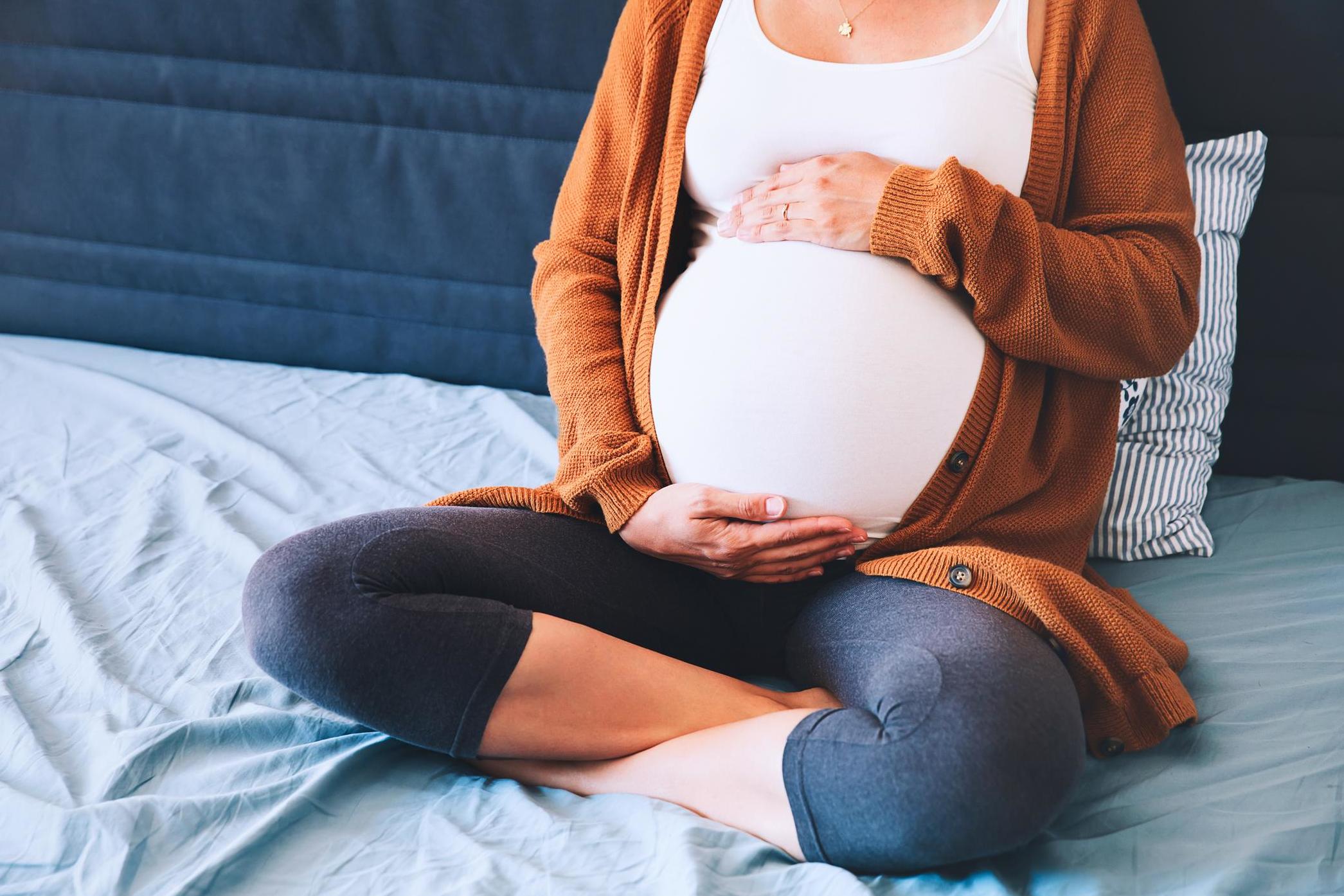New mothers putting their health at risk by becoming pregnant less than a year after giving birth, study suggests
‘Findings for older women are particularly important,’ researcher says

Mothers who become pregnant less than a year after giving birth could be putting both their health and their child’s at risk, a study has suggested.
Researchers looked into nearly 150,000 births in Canada for the study and found that a short gap between pregnancies affected mothers aged over 35.
But women of the same age who waited 12 to 18 months to conceive again after having a baby reduced the risk of short and long-term damage to their health.
A brief gap between pregnancies also poses risks for the infant across mothers of all ages, particularly those aged 20 to 34.
The project was carried out by researchers from the University of British Columbia (UBC) and the Harvard TH Chan School of Public Health.
“Our study found increased risks to both mother and infant when pregnancies are closely spaced, including for women older than 35,” said Laura Schummers, a post-doctoral fellow at UBC.
“The findings for older women are particularly important, as older women tend to more closely space their pregnancies and often do so intentionally.”
The study’s authors say that it is the “most extensive evaluation of how the role of pregnancy spacing could be impacted by maternal age”.
They added that it is also the first investigation of pregnancy spacing and maternal mortality or severe morbidity in a high-income country.
Sever morbidity includes life-threatening complications of pregnancy, labour and delivery.
Researchers found a 1.2 per cent risk of maternal mortality or severe morbidity in women over 35 who conceived six months after a previous birth.
But when new mothers waited 18 months between pregnancies, the risk dropped to 0.5 per cent.

The study found that younger women who leave a six month gap between pregnancies had a 8.5 per cent risk of spontaneous preterm birth.
This is when delivery occurs before 37 weeks of pregnancy, after labour starts on its own.
For women of the same age group who waited 18 months between deliveries, the risk dropped to 3.7 per cent.
“Achieving that optimal one-year interval should be doable for many women, and is clearly worthwhile to reduce complication risks” said Dr Wendy Norman, a UBC associate professor.
Additional reporting by agencies
Join our commenting forum
Join thought-provoking conversations, follow other Independent readers and see their replies
Comments
Bookmark popover
Removed from bookmarks